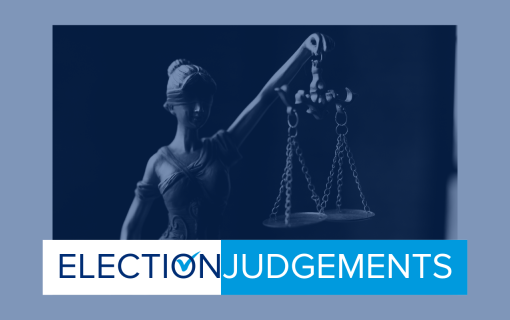Controlling Money in Politics: An Introduction
Money in politics, or political finance, is linked to key aspects of any modern society. Management of political finance is necessary for credible and genuine elections and electoral campaigns because it has the potential to skew competition between contestants. Proper management ensures the country is governed effectively; however, corruption can easily damage good governance.
A democratic society requires ongoing dialogue with its citizens, a process that requires funding. The concern is that money can make politicians more responsive to contributors than voters. Access to uncorrupt, legal funding reduces the temptation for politicians, political parties and civil servants to engage in corrupt behavior – but the very existence of money in politics creates this risk.
If money is a necessary, albeit problematic part of politics, we must consider how we can control its impact so as to nurture its positive aspects, while controlling and counteracting negative influences. There is no single model of oversight that fits all countries. The goals and problems individual nations wish to address must be assessed contextually. This does not mean that each country cannot draw lessons from the experiences of others.
Controlling Money in Politics: An Introduction by Dr. Magnus Ohman, IFES Senior Political Finance Adviser, provides an introduction to key problems and solutions in political finance.










